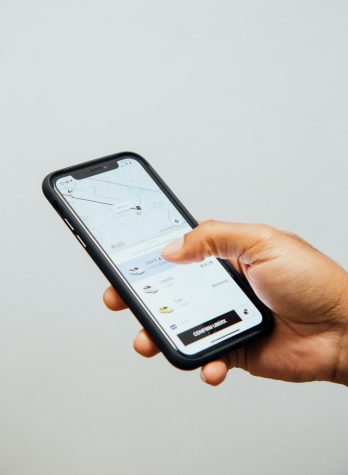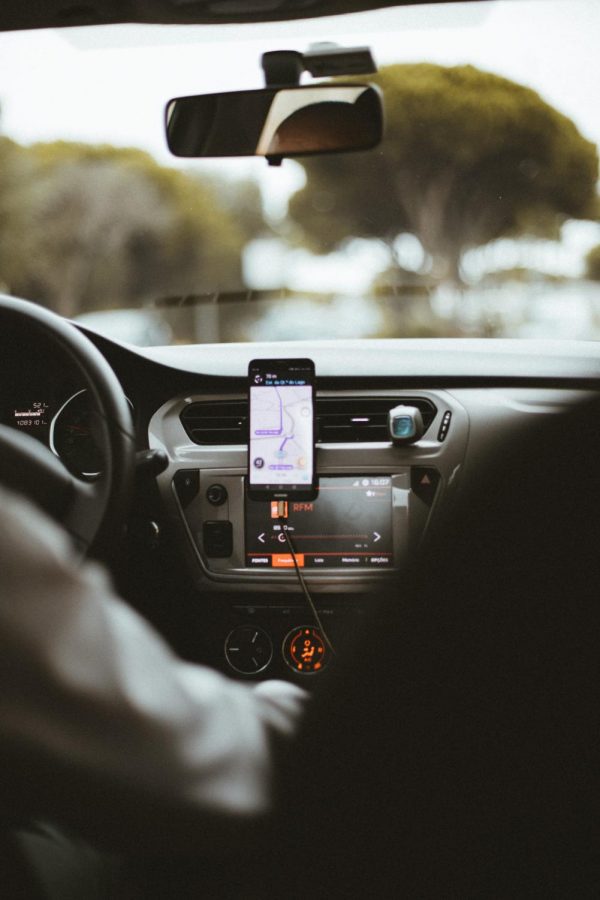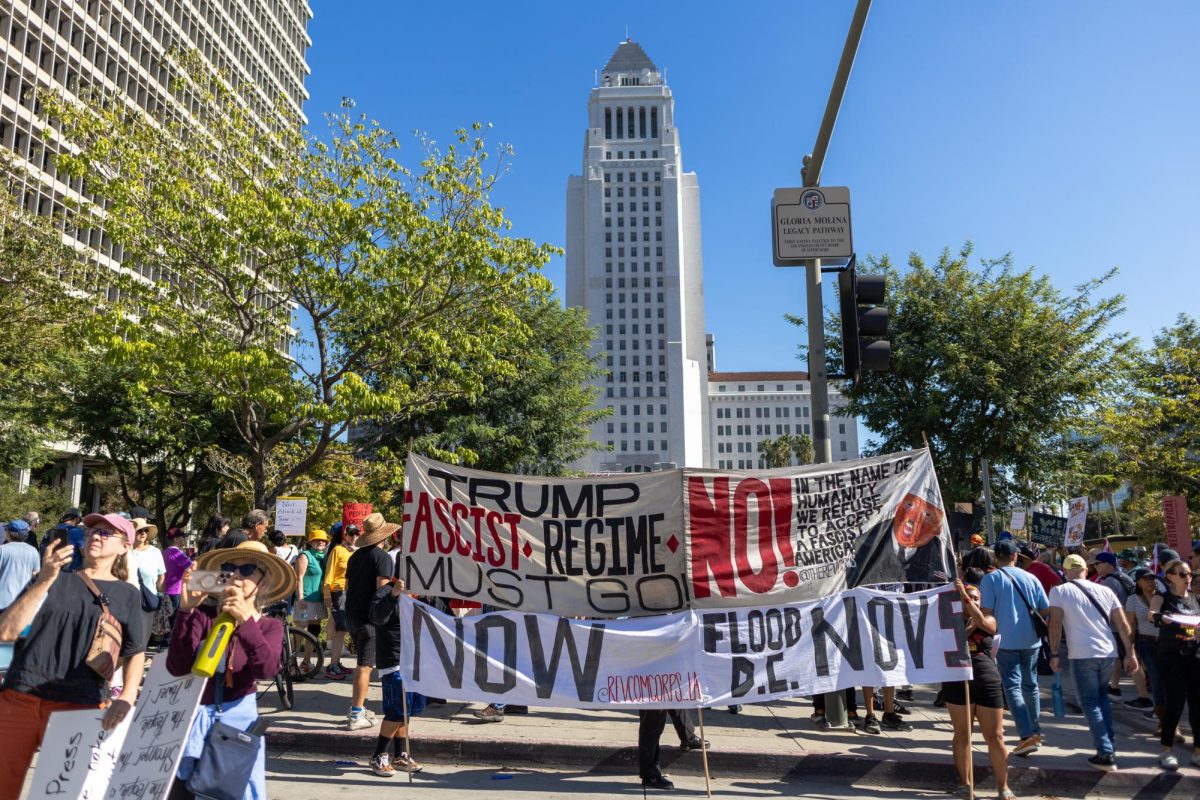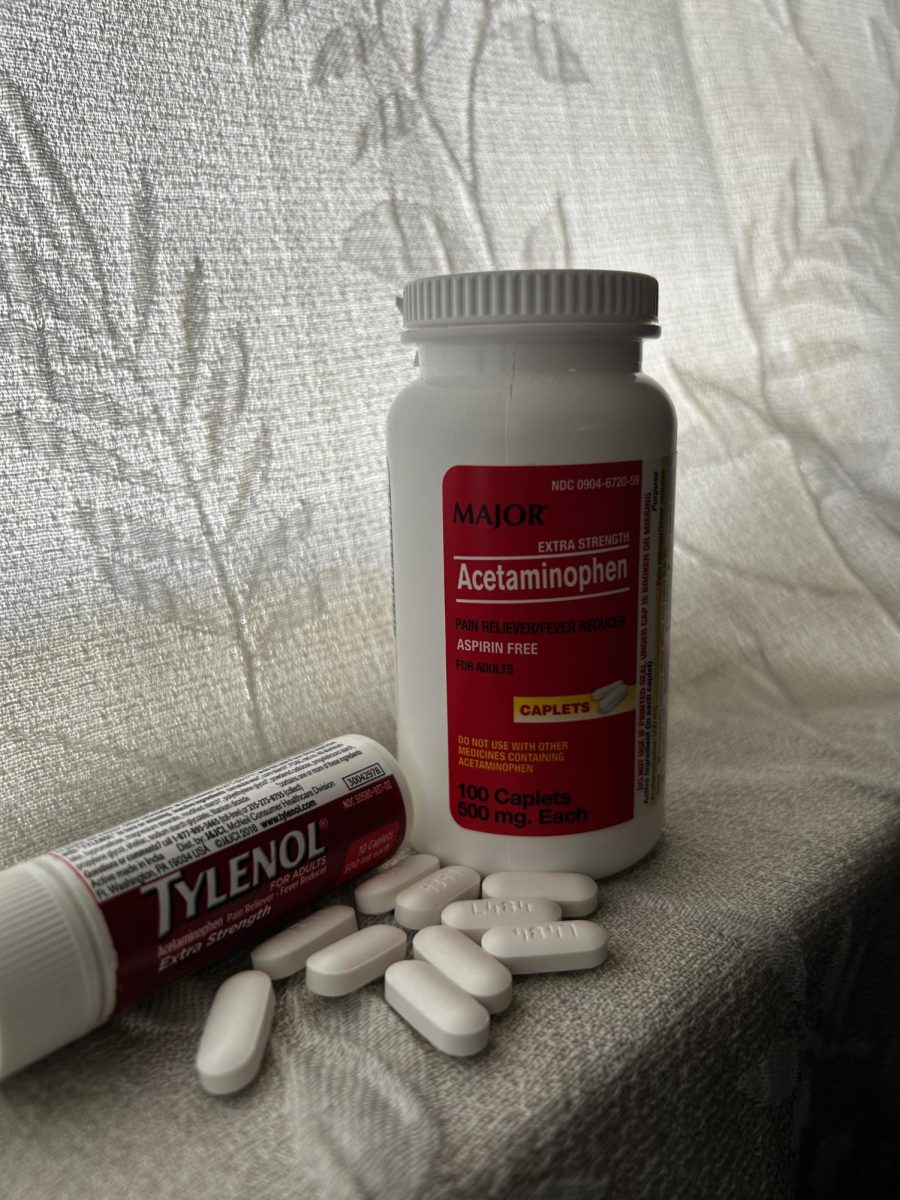Los Angeles residents who use rideshare apps to get to work, the doctor, the grocery store — or those who rely on the apps as an income source — would be affected by Proposition 22.
A state law that took effect in January, A.B. 5, required many contracted or freelance workers to be considered employees with health care and other benefits. But some leaders of rideshare apps said that wouldn’t work well with their business model and would lead to a loss of hundreds of thousands of jobs.
Enter Prop. 22. Uber, Lyft, DoorDash and the company that owns InstaCart have each spent tens of millions of dollars supporting this measure because it would allow them to offer narrower benefits to the drivers they hire through apps. The time that would factor into benefits would not include wait time, just time when they’re actually en route — saving the companies money. Plus, as a sweetener for consumers, the measure would require more background checks on drivers and zero tolerance for drug or alcohol-related offenses.
Some app-based drivers support the proposition because they say one of the perks of the job is having the ability to choose when and where they are able to work.
“I have my bad days, which prevents me from being a regular employee,” rideshare driver Debra Patron-Yepiz said in a Facebook messenger interview. “I need to be able to set my own schedule for the days that I feel well enough to work. I cannot afford for this to be taken away from me.”

Supporters and opponents have taken to Facebook, where the “Yes on Prop 22” page has thousands of likes and the “No on Prop. 22” page has more than 800.
“Drivers don’t want to be employees,” said Jan Krueger, one of the Facebook supporters and a rideshare driver, in an interview in September. “This will affect our livelihoods. We’re not being exploited.”
Opponents include some labor unions and prominent Democrats such as former vice president Joe Biden and U.S. Senator Kamala Harris.
John Meija, who has been a rideshare driver for four years, said he feels Prop 22 is a way for companies to avoid providing benefits for those who work full schedules and to “pay drivers slave wages and do what they want with them.”
He added that the law doesn’t preclude the companies from offering flexible schedules: “It can be done.”
He said people in bigger cities like L.A. rely on app-based driving services and many want to see the drivers properly compensated and qualify for benefits such as sick leave, especially as they get to know the “regulars” in their area or have friends or family members who count on the companies for employment.
“People depend on the ridership,” Meija said, “It’s the drivers who build the relationship.”











